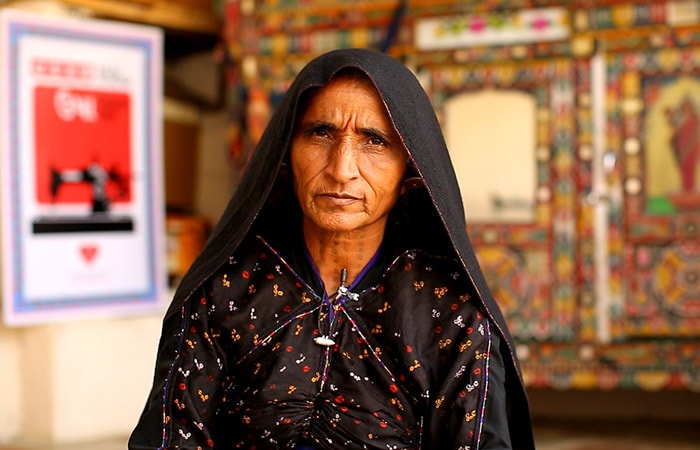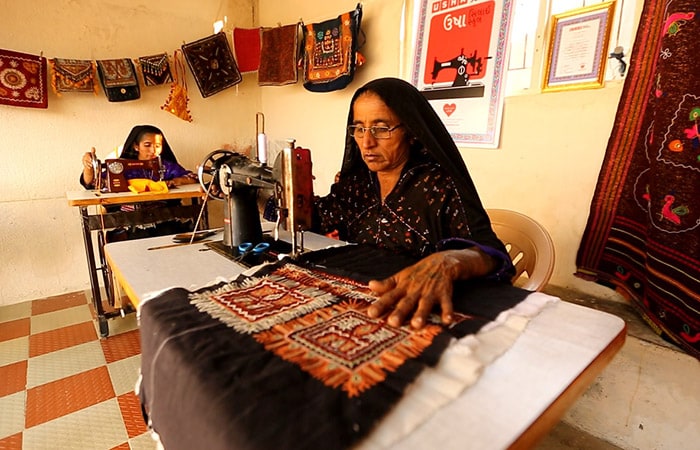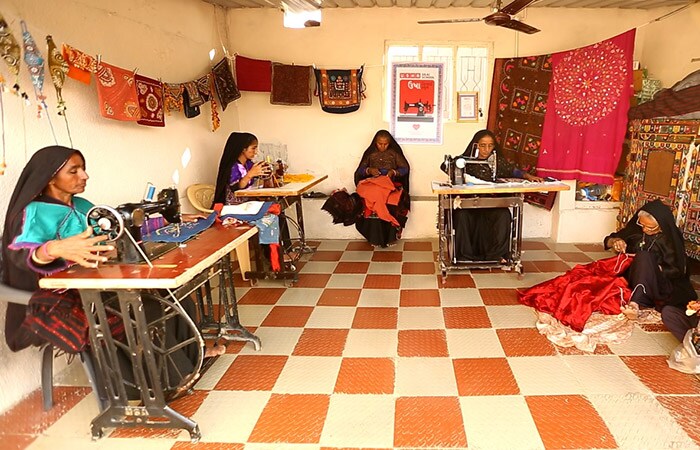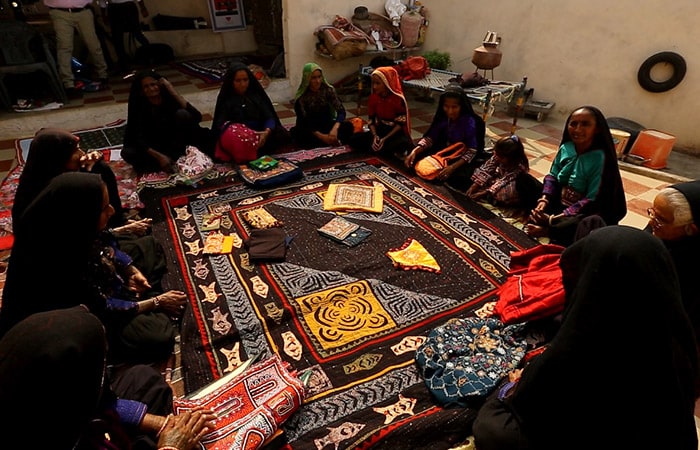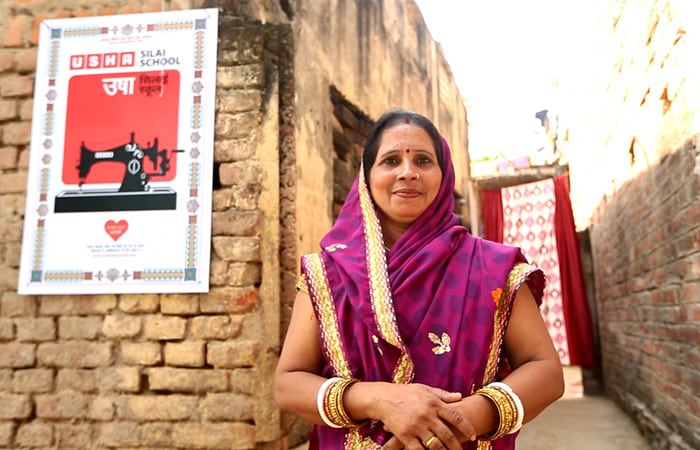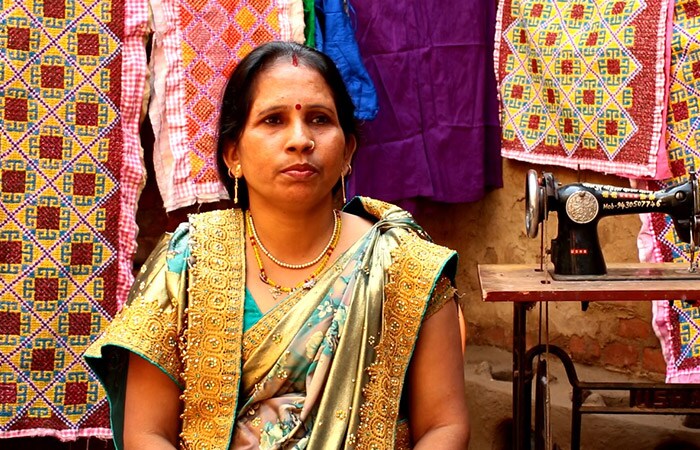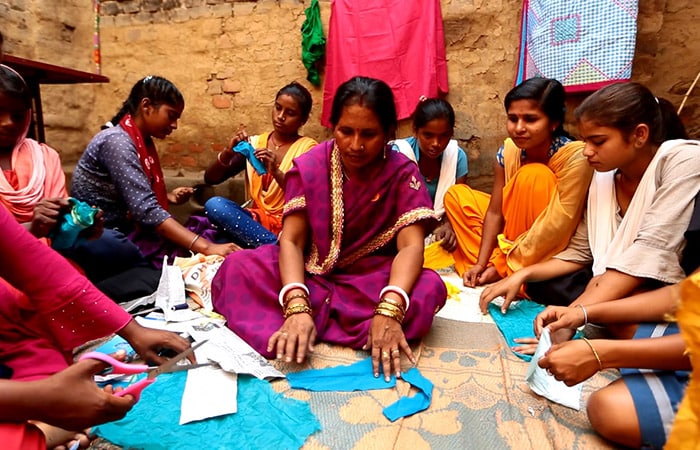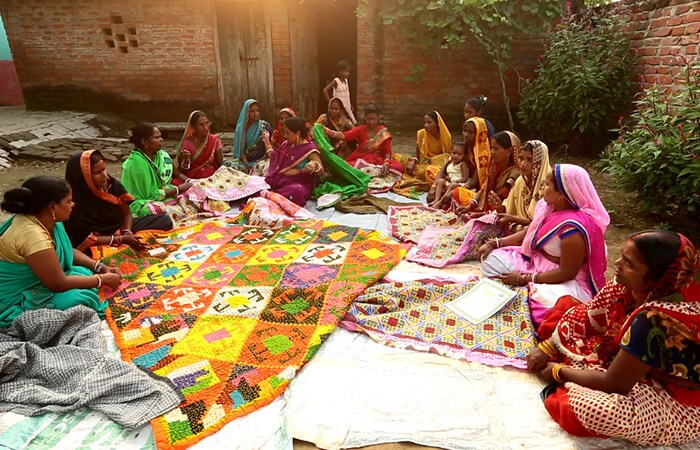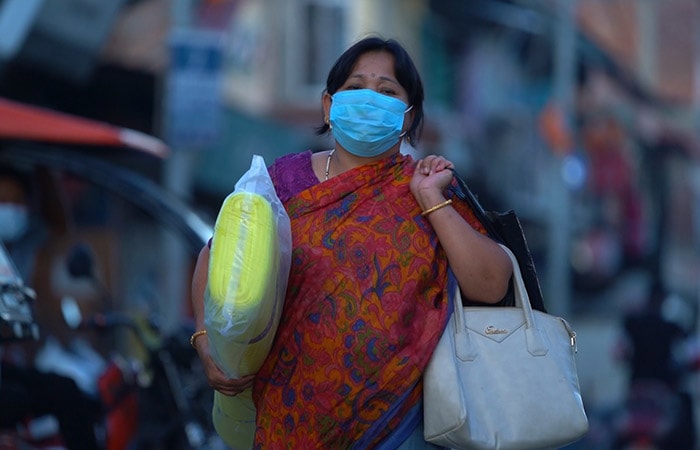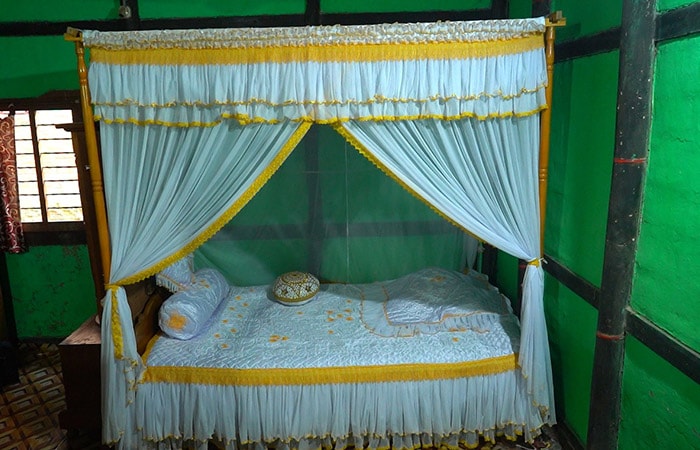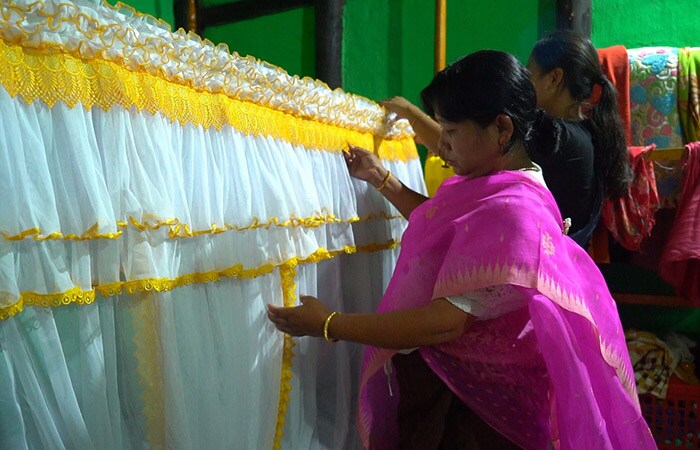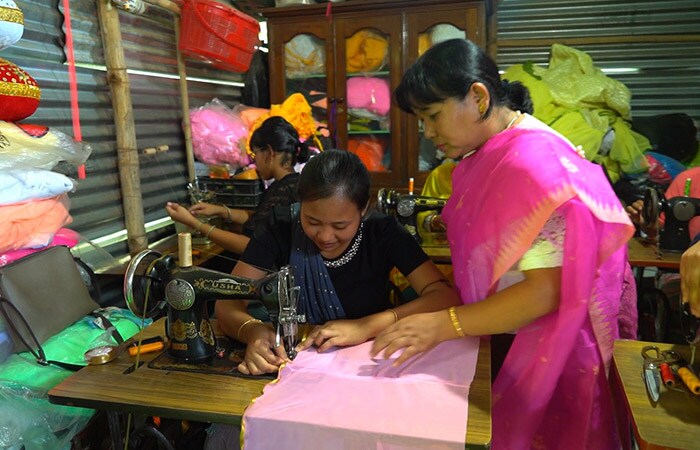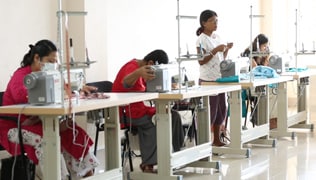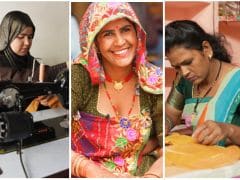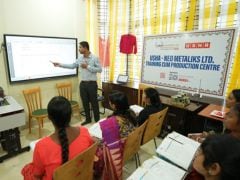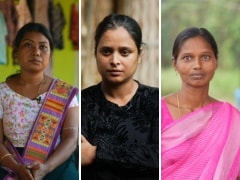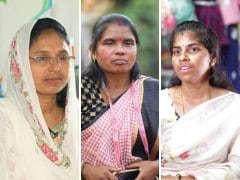Here Is How USHA Silai Schools Are Preserving Indigenous Art And Craft
The USHA Silai School program is playing a critical role in restoring and promoting traditional art and crafts. The Silai heroes have been using their skill and creativity to preserve indigenous art and also to increase their earnings through the fusion of traditional art with modern skills. Here is how three Silai Heroes from Gujarat, Bihar and Manipur are doing their bit in not only preserving indigenous art but also earn a livelihood and helping other women also in becoming financially independent.
Adopt a Silai School
About the Initiative
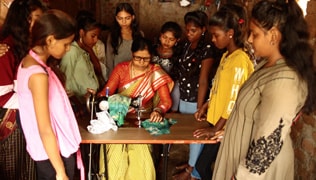
Kushalta Ke Kadam, an initiative by USHA Silai School and NDTV has entered its eighth season. The aim is to empower more women across rural India by teaching them sewing skills and helping them open new doors of opportunities for themselves. The initiative encourages rural women to become financially independent and entrepreneurs by taking up sewing and training others in their respective communities.
Since 2011, the USHA Silai School initiative has trained more than 12 lakh rural women through over 33,000 Silai schools, spanning over 20,751 villages across India.
The women earn Rs. 4,000 – 5,000 per month on an average, with the highest recorded monthly earning being Rs. 84,000 in a month. This earning works as a catalyst towards building their self-confidence, reducing gender inequities, and raising their stature within their families and in society at large.
Latest Stories
- Team NDTV | Thursday January 29, 2026
From West Bengal's transgender tailors to Telangana's tribal seamstresses and Meghalaya's embroidery revivalists, Usha Silai School's Kushalta Ke Kadam partners with NIRDPR and state governments
- Team NDTV | Tuesday February 03, 2026
In Odisha's mining heartlands, Mahanadi Coalfields Limited teams with Usha Silai School's Kushalta Ke Kadam and Gram Utthan, empowering tribal women turning them into entrepreneurs
- Written by Team NDTV | Friday January 02, 2026
Usha Silai Schools give second chances to women like Srinagar's Marifat, who rebuilt after widowhood; Madhya Pradesh's Jyoti, escaping abuse to run her own center; and Rajasthan's Vimla, rising from child marriage to tailor and teacher. Through nine-day training, they gain sewing skills, confidence, and income proving one stitch mends lives and inspires communities.
- Team NDTV | Friday December 26, 2025
A new wave of corporate-community partnerships is equipping rural women with skills, income and confidence
- Written by Team NDTV | Friday December 12, 2025
USHAs Silai School Programme empowers women across India by turning sewing into independence. Women become trainers and leaders, transforming their lives and communities through skills, confidence, and income
- Written by Team NDTV | Thursday December 11, 2025
USHA Silai School is empowering women across India by turning sewing skills into leadership and income. Women like Lalita, Yashira, and Pushpakala have become mentors, reviving traditions and building stronger communities. Their stories show how one skill can weave a brighter future.

